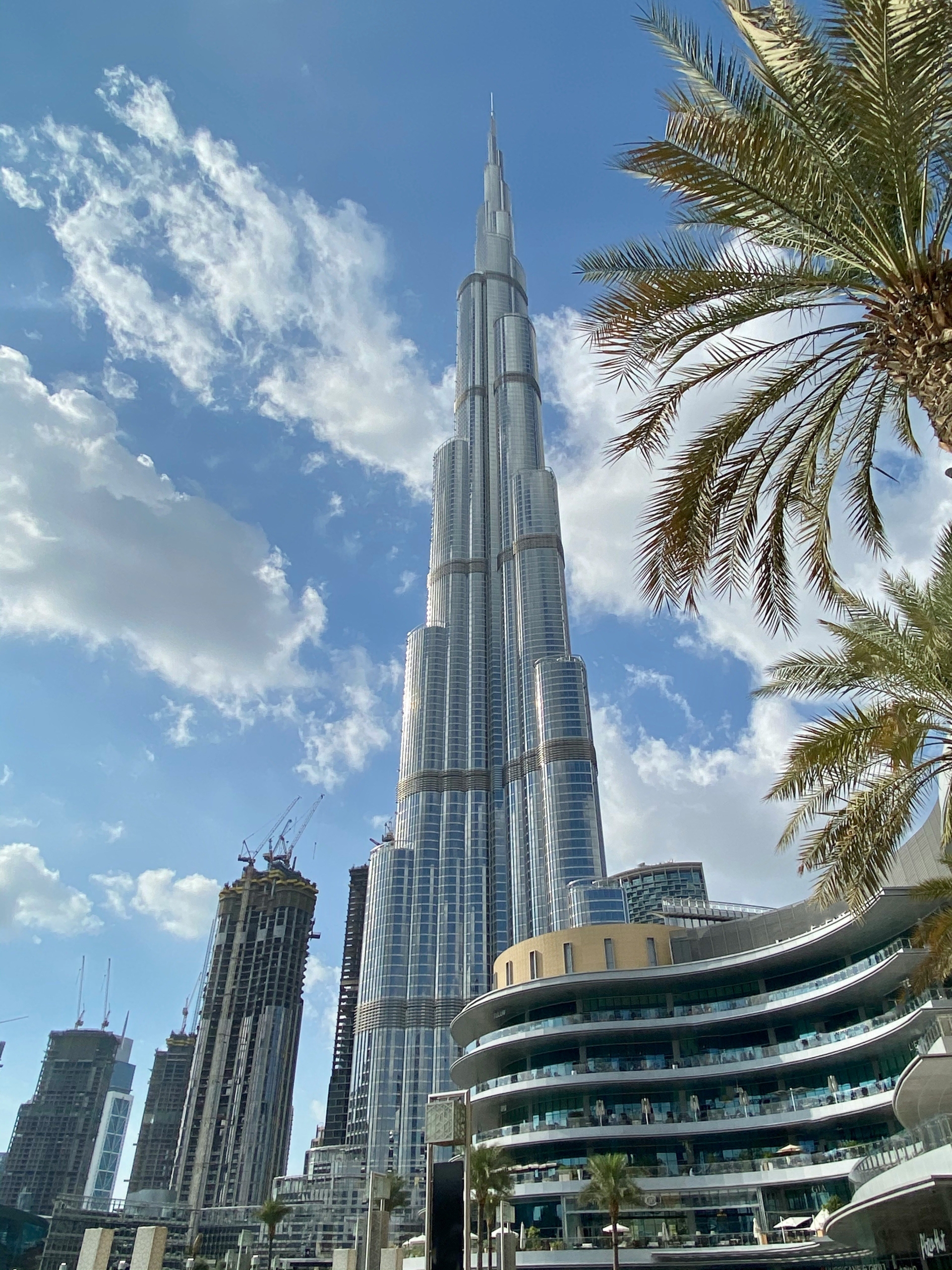Dubai, known for its towering skyscrapers, luxurious lifestyle, and vibrant economy, is one of the most dynamic real estate markets in the world. Over the years, the city has witnessed a constant influx of expatriates, tourists, and investors, driving demand for residential and commercial rental properties. This demand has created numerous opportunities for investors, landlords, and developers, but it also brings with it several challenges. This article will explore the current state of Dubai’s rental market, focusing on both the opportunities and challenges it presents.
Opportunities in the Dubai Rental Market
- High Demand for Rentals Dubai remains an attractive destination for expatriates, especially from Asia, Europe, and the Middle East. The city’s strong economic growth, tax-free income policies, world-class infrastructure, and cosmopolitan lifestyle make it a hub for global talent. As a result, rental properties, especially in popular areas like Downtown Dubai, Dubai Marina, and Palm Jumeirah, continue to experience high demand.
- Growth of Short-Term Rentals The popularity of short-term rentals, particularly in tourist-heavy areas, has skyrocketed in recent years. Platforms like Airbnb and Booking.com have allowed property owners to tap into the lucrative tourism market. With Dubai’s ongoing efforts to boost its tourism sector, including the World Expo 2020 (which was delayed to 2021 due to the pandemic), short-term rental properties offer significant returns for investors. The government’s regulatory framework has also supported the growth of this sector, providing a secure environment for both landlords and guests.
- Strong Government Support and Regulations Dubai’s government has put in place policies to ensure the stability and growth of the real estate sector. The introduction of long-term residency visas for expatriates and various investment incentives, such as the “Dubai Land Department” initiatives, have boosted investor confidence. Additionally, the government’s push for sustainable, smart cities and environmentally friendly real estate projects is creating new opportunities in the rental market, particularly for eco-conscious tenants.
- Attractive Rental Yields Dubai offers some of the highest rental yields globally, making it an attractive destination for investors. According to reports, average rental yields in Dubai can range from 5% to 9%, which is significantly higher than in other major cities like London, New York, or Paris. This makes the city a compelling choice for those seeking high returns on their investments.
Challenges in the Dubai Rental Market
- Oversupply in Some Segments While demand for rental properties is high in certain areas, there has been an oversupply in others. The rapid pace of development in Dubai, particularly in new communities like Dubai South and Dubai Creek Harbour, has led to an excess of available units in some parts of the city. This oversupply can lead to price reductions and an increase in vacancy rates, especially in less prime locations.
- Economic Uncertainty Despite Dubai’s economic resilience, global economic slowdowns, fluctuating oil prices, and geopolitical tensions can negatively impact the rental market. The COVID-19 pandemic further illustrated the vulnerabilities of the rental market, as many businesses faced closures, and expatriates left the country due to job losses or other factors. While the market has shown signs of recovery, there are still uncertainties that could affect rental prices and demand in the future.
- Regulatory Challenges for Landlords The regulatory environment in Dubai can be complex for landlords, particularly when it comes to tenant disputes, rent control, and eviction laws. While Dubai has a well-structured rental framework, the rights of tenants have been increasing in recent years, making it challenging for landlords to increase rent or terminate leases without proper legal grounds. Landlords must be vigilant about understanding the laws and regulations to avoid legal complications.
- Seasonality in Demand The rental market in Dubai is also subject to seasonal fluctuations. Demand tends to peak during certain times of the year, such as before the start of the school year and around major holidays, and dip during the hotter months of summer. This seasonality can affect rental income, and property owners must plan accordingly to avoid financial strain during quieter periods.
- Competition Among Developers and Landlords With the increasing number of properties being developed, landlords are facing greater competition in attracting tenants. Developers are also offering various incentives such as rent-free periods, furniture packages, or property management services to appeal to potential tenants. This intensifying competition can put pressure on rental prices and affect profitability for landlords.
The Dubai rental market presents a wealth of opportunities for investors, developers, and landlords, thanks to strong demand, high rental yields, and government support. However, challenges such as oversupply, economic uncertainty, and regulatory complexities also need to be carefully considered. As Dubai continues to grow as a global economic and tourism hub, those involved in the rental market must remain agile and adapt to shifting trends and market dynamics. The key to success lies in balancing opportunities with caution, and being well-informed about both the market’s potential and its risks.



